The topic of this article may not meet Wikipedia's general notability guideline .(September 2023) |

Jan Friso Groote (born April 13, 1965, in Doetinchem) is a Dutch computer scientist.
The topic of this article may not meet Wikipedia's general notability guideline .(September 2023) |

Jan Friso Groote (born April 13, 1965, in Doetinchem) is a Dutch computer scientist.
Groote studied computer science at Twente University obtaining his master's degree in 1988 under supervision of Ed Brinksma. [1] He obtained his PhD thesis in 1991 under Jan Bergstra and Jos Baeten at the University of Amsterdam, while working at the Centre for Mathematics and Computer Science in Amsterdam.
He contributed to structural operational semantics and verification technology. His particular contributions include the tyft/tyxt format for operational rules, the first algorithm to determine branching bisimulation and the cones and foci method to prove correctness of protocols and distributed algorithms. He is the founding godfather of the process modelling language and analysis tool sets μCRL and mCRL2.
He began working in 2000 as a full professor in verification technology at Eindhoven University of Technology. [1]

Robert Endre Tarjan is an American computer scientist and mathematician. He is the discoverer of several graph theory algorithms, including his strongly connected components algorithm, and co-inventor of both splay trees and Fibonacci heaps. Tarjan is currently the James S. McDonnell Distinguished University Professor of Computer Science at Princeton University.
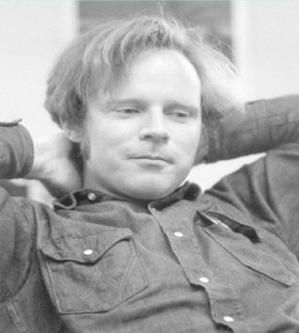
Robert W Floyd was a computer scientist. His contributions include the design of the Floyd–Warshall algorithm, which efficiently finds all shortest paths in a graph and his work on parsing; Floyd's cycle-finding algorithm for detecting cycles in a sequence was attributed to him as well. In one isolated paper he introduced the important concept of error diffusion for rendering images, also called Floyd–Steinberg dithering. He pioneered in the field of program verification using logical assertions with the 1967 paper Assigning Meanings to Programs. This was a contribution to what later became Hoare logic. Floyd received the Turing Award in 1978.
The Centrum Wiskunde & Informatica is a research centre in the field of mathematics and theoretical computer science. It is part of the institutes organization of the Dutch Research Council (NWO) and is located at the Amsterdam Science Park. This institute is famous as the creation site of the programming language Python. It was a founding member of the European Research Consortium for Informatics and Mathematics (ERCIM).
Computational science, also known as scientific computing, technical computing or scientific computation (SC), is a division of science that uses advanced computing capabilities to understand and solve complex physical problems. This includes
Allan Bertram Borodin is a Canadian-American computer scientist who is a professor at the University of Toronto.
NUST School of Electrical Engineering and Computer Science (NUST-SEECS), formerly NUST Institute of Information Technology, is a constituent school in Islamabad, Pakistan. It was created on a self-financed basis in April 1999 as a constituent college of National University of Sciences and Technology, Pakistan (NUST). The formation of NUST was prompted by the growing need for high-caliber IT instruction in the country and the necessity for the institution to establish its own IT division.
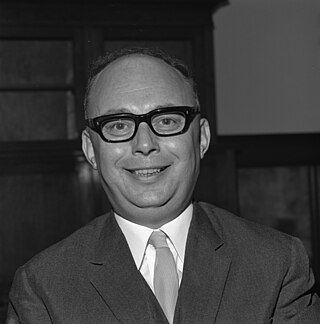
Henri (Hans) Theil was a Dutch econometrician and professor at the Netherlands School of Economics in Rotterdam, known for his contributions to the field of econometrics.
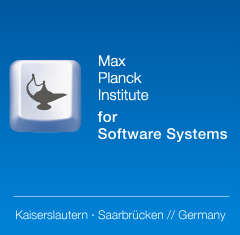
The Max Planck Institute for Software Systems (MPI-SWS) is a computer science research institute co-located in Saarbrücken and Kaiserslautern, Germany. The institute is chartered to conduct basic research in all areas related to the design, analysis, modelling, implementation and evaluation of complex software systems. Particular areas of interest include programming systems, distributed and networked systems, embedded and autonomous systems, as well as crosscutting aspects like formal modelling and analysis of software systems, security, dependability and software engineering. It joins over 80 other institutes run by the Max-Planck-Gesellschaft, which conduct world-class basic research in medicine, biology, chemistry, physics, technology and the humanities.
John Vivian Tucker is a British computer scientist and expert on computability theory, also known as recursion theory. Computability theory is about what can and cannot be computed by people and machines. His work has focused on generalising the classical theory to deal with all forms of discrete/digital and continuous/analogue data; and on using the generalisations as formal methods for system design; based on abstract data types and on the interface between algorithms and physical equipment.

Computational Engineering is an emerging discipline that deals with the development and application of computational models for engineering, known as Computational Engineering Models or CEM. Computational engineering uses computers to solve engineering design problems important to a variety of industries. At this time, various different approaches are summarized under the term Computational Engineering, including using computational geometry and virtual design for engineering tasks, often coupled with a simulation-driven approach In Computational Engineering, algorithms solve mathematical and logical models that describe engineering challenges, sometimes coupled with some aspect of AI, specifically Reinforcement Learning.

Fred Glover is Chief Scientific Officer of Entanglement, Inc., USA, in charge of algorithmic design and strategic planning for applications of combinatorial optimization in quantum computing. He also holds the title of Distinguished University Professor, Emeritus, at the University of Colorado, Boulder, associated with the College of Engineering and Applied Science and the Leeds School of Business. He is known for his innovations in the area of metaheuristics including the computer-based optimization methodology of Tabu search an adaptive memory programming algorithm for mathematical optimization, and the associated evolutionary Scatter Search and Path Relinking algorithms.

Marc Martijn Lankhorst is a Dutch computer scientist, researcher and consultant, known for his publications on enterprise architecture, and as key developer of ArchiMate, a modelling language for enterprise architecture.

N.V. Electrologica was a pioneering Dutch computer manufacturer from 1956 to 1968, when it was taken over by Philips.
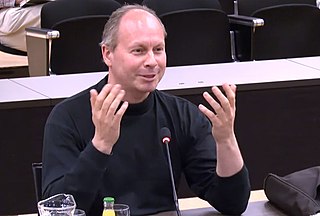
Christopher (Chris) Verhoef is a Dutch computer scientist, and Professor of Computer Science at the Vrije Universiteit in Amsterdam.
Constantinus P. M. van Hoesel is a Dutch mathematician, and Professor of Operations Research at the Maastricht University, and head of its Quantitative Economics Group, known for his work on mathematical optimization.
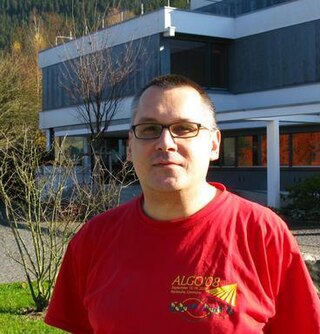
Gerhard J. Woeginger was an Austrian mathematician and computer scientist who worked in Germany as a professor at RWTH Aachen University, where he chaired the algorithms and complexity group in the department of computer science.
Alfred Inselberg was an American-Israeli mathematician and computer scientist based at Tel Aviv University.
Scott A. Smolka is a SUNY Distinguished Professor in the Department of Computer Science at Stony Brook University, Stony Brook, New York.

The TUM School of Computation, Information and Technology (CIT) is a school of the Technical University of Munich, established in 2022 by the merger of three former departments. As of 2022, it is structured into the Department of Mathematics, the Department of Computer Engineering, the Department of Computer Science, and the Department of Electrical Engineering.
In the context of computer science, the C Bounded Model Checker (CBMC) is a bounded model checker for C programs. It was the first such tool.